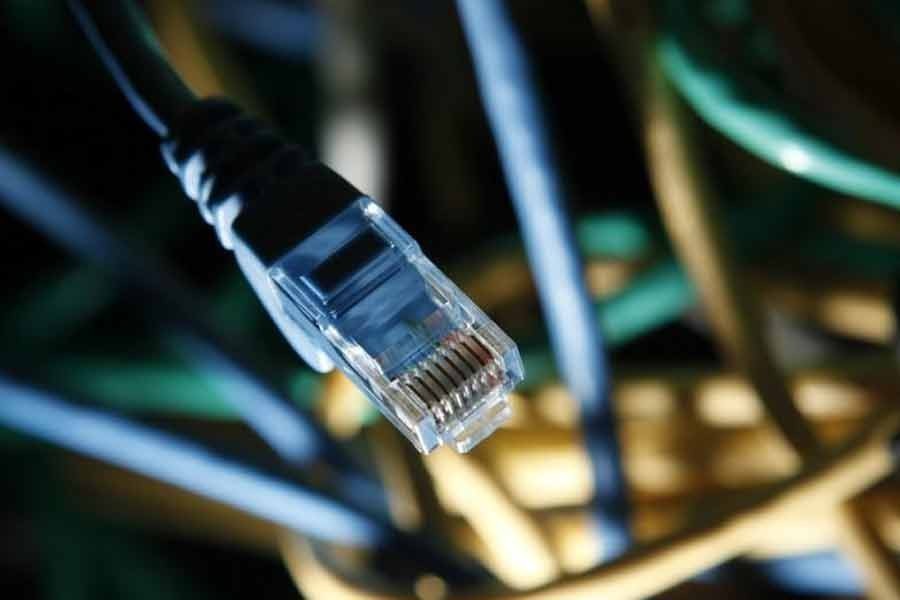Cache server transfer
Internet speed to be slower, price costlier in Bangladesh

Published :
Updated :

Internet speed is likely to be slower while the price of internet will be costlier in the country due to the use of higher volume of internet for the removal and transfer of cache servers across the country.
According to internet service providers (ISPs), the illegal cache servers have already been removed; transfer of cache is continuing from local ISPs to IEG, NIX and nationwide ISPs.
However, many ISPs and rural clients have already been experiencing slower internet.
In a directive on February 1 last year, Bangladesh Telecommunication Regulatory Commission (BTRC) said ISPs needed to shut down cache servers at the local level.
The illegal cache servers were also supposed to be removed by 31 December, according to the BTRC directive.
The local ISPs have to transfer their cache servers to International Internet Gateway (IEG) and the National Internet Exchange (NIX), mobile operator networks and nationwide ISPs (which provide services across the country).
However, permission has been granted to place the video streaming site on Netflix's Cache Server Knicks operator end.
Internet Service Providers Association of Bangladesh President Emdadul Hoque said people, especially in rural areas, might face slow internet speed while transferring the cache servers.
The speed will slow down especially during usage of social media apps like Facebook and Instagram, and streaming sites like YouTube, increasing the cost, said Mr Hoque.
A cache server is a dedicated network server or service acting as a server that saves web pages or other internet content locally.
By placing previously requested information in temporary storage, or cache, a cache server both speeds up access to data and reduces demand on an enterprise's bandwidth.
If the transfer of cache continues at its existing pace, it can take even three more months, said president of the internet service providers' association.
"Without arranging any alternative, we are transferring cache servers which is really challenging," he said.
Mr Hoque also said smaller ISPs were incurring losses as they were to transfer cache servers to nationwide ISPs, NIXs and IEGs free.
According to BTRC, there are 129 licensed Nationwide ISPs and 36 IIGs in the country. There are also many local internet service providers. The number of local ISPs with cache servers will be more than 300.
After removing its cache, a local ISP owner of Cumilla said they now had to buy extra bandwidth which had doubled their expenses.
"We are planning to charge higher to our clients," the owner said.
BTRC has said global internet companies like Google, Facebook and YouTube have set up private cache servers in Bangladesh through local agents without any approval - this is a threat to the country's security.
However, experts said, one of the purposes of removing the cache server from the local level is to establish control over the internet system.
The ISP Association's president said the Department of Telecom was setting up DPI (Deep Packet Inspection) in cache servers.
BTRC is enforcing the directive of removing and transferring cache to bring order in the sector, in order to establish control on the internet.
Many governments across the world use Deep Packet Inspection to monitor and censor network traffic and content that it claims is harmful to citizens or state interests.
This material includes pornography, information on religion, and political dissent.
bdsmile@gmail.com


 For all latest news, follow The Financial Express Google News channel.
For all latest news, follow The Financial Express Google News channel.